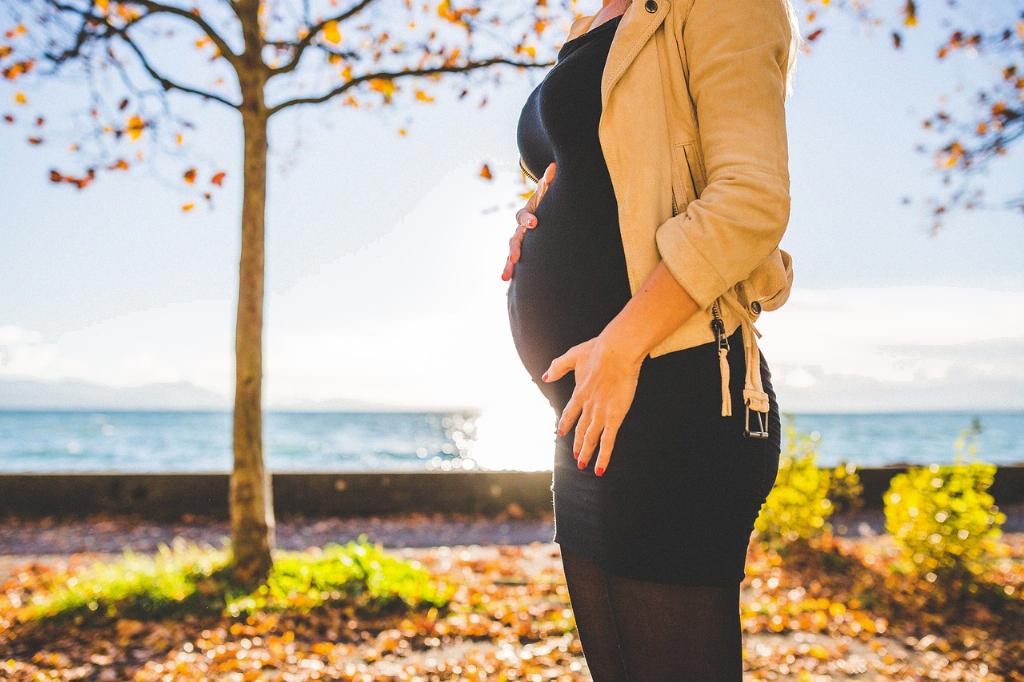When it comes to determining the date of conception, there are several factors to consider. One crucial aspect is the timing of ovulation, which typically takes place around two weeks after the start of your menstrual period. During ovulation, the egg is released from the ovary and is available for fertilization for about two to three days. This timeframe provides a window during which conception can occur.
Calculating Your Conception Date
To estimate your conception date, you can start by pinpointing the date of your last menstrual period. This date serves as a reference point for tracking your menstrual cycle and ovulation. Once you have identified the start date of your last period, you can then add approximately two weeks to determine when ovulation likely occurred. This time frame aligns with the typical ovulation window in the menstrual cycle.
Factoring in Ovulation Cycles
Understanding the timing of ovulation in relation to your menstrual cycle is crucial for estimating your conception date. Ovulation tends to occur mid-cycle, around day 14 in a 28-day menstrual cycle. However, the timing can vary among individuals, particularly in women with irregular periods. Tracking your menstrual cycle and any signs of ovulation, such as changes in cervical mucus or basal body temperature, can offer insights into your ovulation pattern.
Accounting for Sperm Longevity
When determining the conception date, it’s essential to consider the lifespan of sperm in the female reproductive tract. Sperm can survive for several days in the cervix, uterus, and fallopian tubes, waiting for the egg to be released during ovulation. This longevity of sperm means that conception can occur if intercourse takes place in the days leading up to ovulation, extending the potential conception window.
Variances in Conception Timing
While estimating the date of conception based on ovulation and the menstrual cycle provides a general guideline, it’s important to note that conception timing can vary among individuals. Factors such as cycle irregularities, sperm longevity, and other physiological considerations can impact the exact date of conception. Additionally, the date of implantation, when the fertilized egg attaches to the uterine lining, can further influence the perceived conception date.
Seeking Professional Guidance
If you are trying to determine your conception date with precision or for medical reasons, consulting with a healthcare provider or fertility specialist can offer more clarity. Medical professionals can conduct tests, such as ultrasounds or hormone assessments, to help pinpoint the timing of conception accurately. They can also provide guidance on fertility tracking methods and assist in understanding your reproductive cycle.
Considering Gestational Age
When estimating the conception date, it’s vital to differentiate between the date of conception and the gestational age of the pregnancy. Gestational age is calculated from the first day of the last menstrual period and is used to determine the progress of the pregnancy. Conception date, on the other hand, reflects the moment when fertilization occurred, leading to the formation of the embryo.
Factors Influencing Conception
Conception is a complex process influenced by various factors beyond ovulation and sperm survival. Factors such as hormonal balance, reproductive health, age, and genetics can play a role in conception success. Understanding your body’s unique fertility markers and potential challenges can help in planning for conception and addressing any underlying concerns that may affect fertility.
Emotional and Psychological Considerations
For individuals seeking to understand their conception date, emotional and psychological factors can also come into play. The journey towards conception can evoke a range of emotions, including anticipation, excitement, and sometimes disappointment. It’s essential to navigate these feelings with support, whether through loved ones, counseling, or fertility resources, to address the emotional impact of conceiving and pregnancy.
Celebrating the Path to Parenthood
Discovering your conception date can be a significant moment in the process of family planning and understanding your reproductive health. Whether you are actively trying to conceive or are reflecting on past pregnancies, knowing the date of conception adds a personal touch to your fertility journey. Celebrate each step along the path to parenthood, embracing the complexities and joys that come with the miracle of conception and childbirth.
Conclusion
In conclusion, determining the date of conception involves assessing ovulation timing, menstrual cycle patterns, sperm longevity, and individual physiological factors. While estimating the exact date can offer insights into fertility and pregnancy timelines, it’s essential to remember that conception is a dynamic process influenced by multiple variables. Seeking professional guidance and emotional support can aid in navigating the complexities of conception and embracing the journey towards parenthood.

